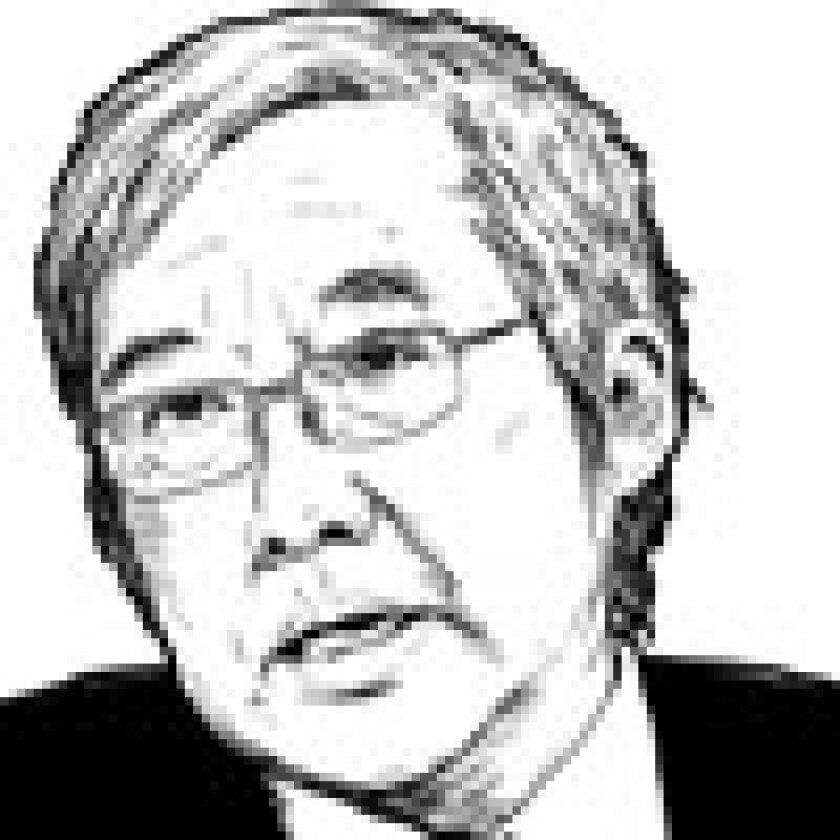With America’s economic recovery faltering and the European sovereign debt crisis going from bad to worse, the prospect of a significant global economic slowdown is looming ever larger.
China’s economy is highly dependent on external demand. If its exports take a beating, China’s growth will be pulled down substantially.
Furthermore, China’s real estate sector is also currently in a precarious situation. Real estate investment growth, which accounts for almost a quarter of China’s total investment, has started to slow. What is a moderate slowdown at present could turn into a rout in quarters to come.
If export and real estate investment growth fall at the same time, the Chinese economy could slow far more severely than a soft landing would imply.
Meanwhile, with its fiscal position continuing to deteriorate and the recovery faltering, the US government is faced with an impossible task – how to achieve fiscal consolidation without pushing the economy back into recession.
However, given the current political climate, the US government may be tempted to adopt policies aimed at weakening the dollar and creating inflation, rather than tackling the fundamental causes of the crisis head on.
On the one hand, with the government now more concerned about a drastic growth slowdown rather than inflation, China will certainly become more reluctant to allow the renminbi to appreciate at a faster pace.
On the other hand, China is upset about the possible evaporation of the value of its huge foreign exchange reserves as a result of America’s attempt to devalue and inflate away its debt burden.
The currency structure of China’s overseas assets and liabilities has added a further dimension to its appreciation fears.
While China holds a large stash of dollar-denominated foreign assets, it holds a significant amount of renminbi-denominated liabilities. An appreciation of the renminbi against the US dollar will automatically lead to the worsening of China’s net international investment position, which implies a wealth transfer from China to the US.
Currency appreciation remains in China’s interests. The best way for China to break free from the dollar trap is stop intervention in the foreign exchange market.
But the current economic and political reality is not conducive to any drastic change. The three guiding principles of China’s exchange-rate adjustment – gradualism, autonomy and controllability – will be kept firmly in place.
At the same time, rather than facing up to the true causes of America’s over-borrowing, American politicians are once again resorting to scapegoating. The recent moves by US Congress to brand China a “currency manipulator” has met with an angry response.
This squabbling and finger pointing between China and America looks set to continue until, some day in the future, the exchange rate suddenly becomes a non-issue.
With the benefit of hindsight, economic historians will likely see the black humour in this Sino-American bickering over currency. China has insisted in selling its goods cheaply in exchange for greenbacks which have devalued by 94% from 1929 to 2009.
On the other side of Pacific, Americans condemn China for making America poorer by lending to America with very low or even negative returns.
So much of this Sino-American spat is confusing and puzzling, that it is perhaps only with the benefit of hindsight that any sense can be made of it.
Yu Yongding is president of the China Society of World Economics, and a former member of the monetary policy committee of the Peoples' Bank of China and former director of the Chinese Academy of Sciences Institute of World Economics and Politics

